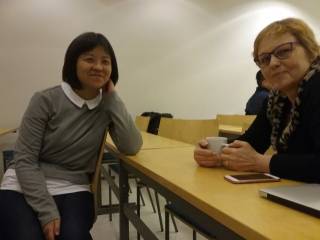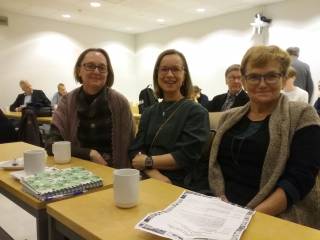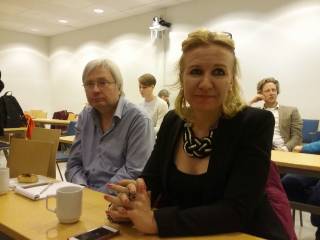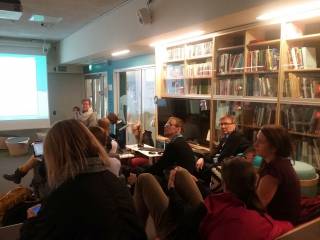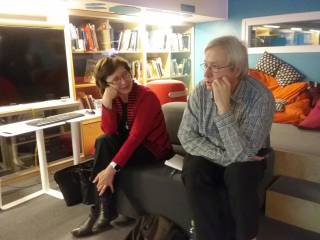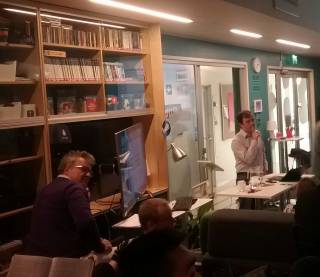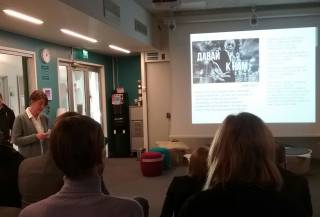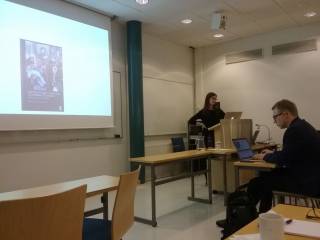Knowing Russia and China through their culture, language, and media. This is the way to avoid narrow-minded thinking, the way to begin an open discussion instead of a dead-end political labeling (a scientifically dubious practice that is sadly not uncommon at all). This is also a way of putting questions before answers and not the other way round.
Such was the storyline at the launch of Tampere Research Centre for Russian and Chinese Media (TaRC) in the early November 2017. During two days, TaRC hosted a series of research presentations and seminar discussions with as important informal chats in between. Underlying questions were where we begin from, which direction to go and how we are going to do that. TaRC presented what its members have already achieved in their past research and teaching. And there is quite some of that in both Russian and Chinese studies. It may surprise you (it did some of us) how our professional interests can sometimes be similar despite stemming from different disciplines and research projects. To consolidate our efforts under the TaRC umbrella is a timely step.
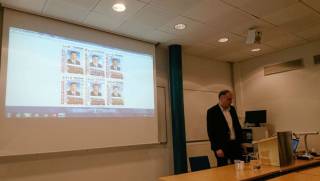
TaRC made a good start
In total several dozens of participants showed up at one or more of the sessions. What is unique is that among them were researchers and media professionals, students and their teachers, our colleagues and others interested in Russia and China. All shared their experience, suggestions, and visions of what is to be done.
While it is tempting to generalize media situations in and with Russia and China, the main discussions of the event focused on local issues in these countries, mostly related to environmental problems and their representation in media and culture. It was also a distinct message of many speakers that small-scale issues and details allow drawing a higher resolution picture and avoid short-sighted conclusions. Of course, this does not mean looking through rose-colored glasses on the existing systemic conflicts, issues of freedom of speech and aggressive media propaganda. These were also discussed during the event (how could we do otherwise?). Yet, many of us shared the same feeling that none of the topics should be overpowering others.
What do we want of TaRC?
Discussions suggested we need to think how to improve media-related education, so that current and future media professionals are not only skillful communicators but culturally competent to work within foreign contexts of Russia and China. This is where a symbiosis of media industry, higher education and research is most promising. This is also where external funding, a topic frequently raised during the event, would help a lot, and it is part of TaRC’s goal to make that happen.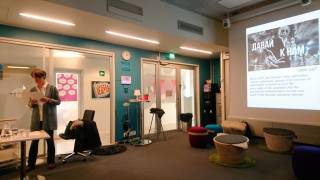
We also foresee mutual benefits from a large and growing network of partners (in Finland, Russia, China and elsewhere). Some of them were present at the launch (see the program for names and affiliations). Such contacts bring in an invaluable atmosphere of informal peer-review and, for example, present opportunities for comparative cross-cultural analyses. We agreed that having experts in computer and social sciences, corpus linguistics and critical cultural studies, journalism and media under one roof (it turned out this is who we are) is also a privilege that must not be wasted.
